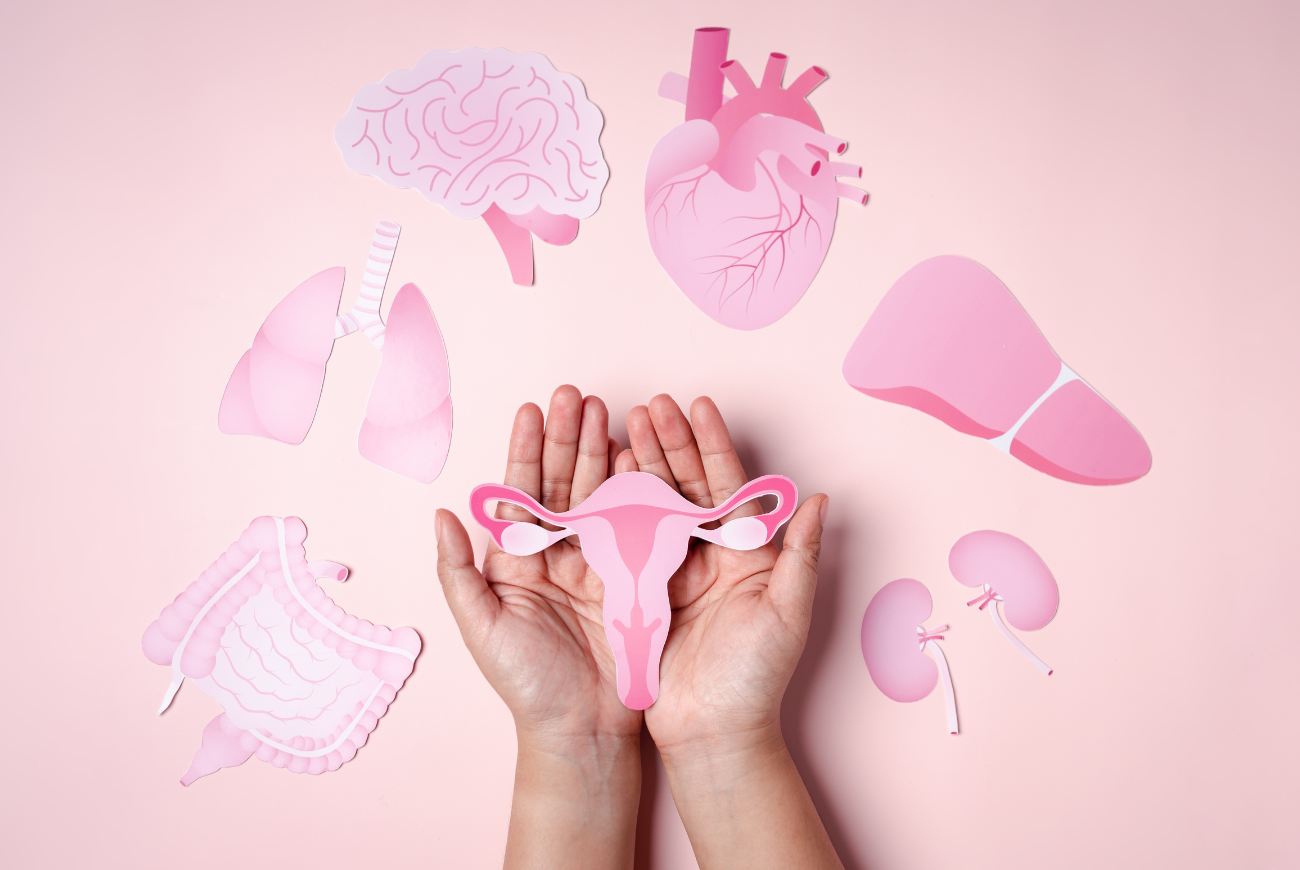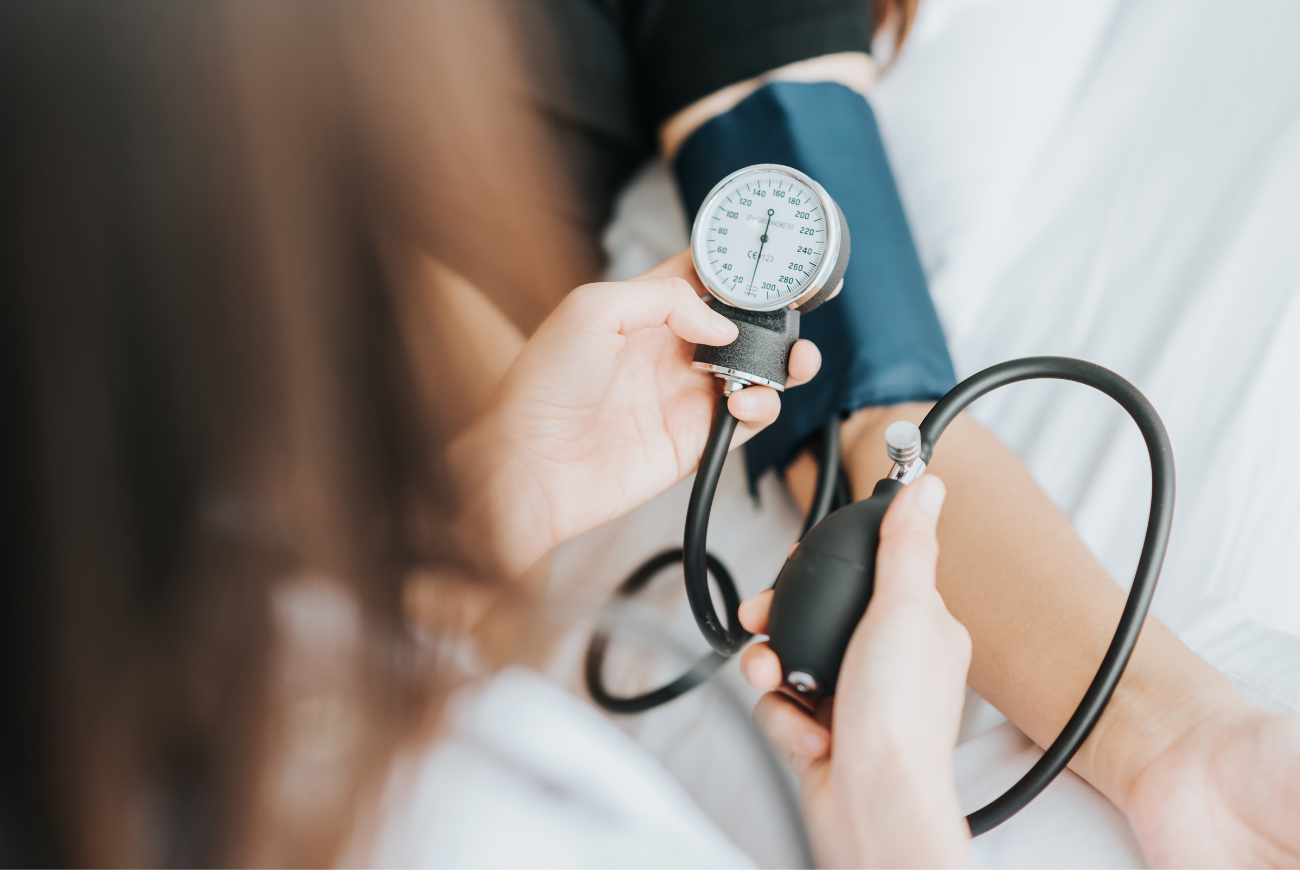Did you know that up to 1 in 4 American women experience hormonal imbalances at some point in their lives, and nearly 30% of men face reproductive health challenges? These statistics underscore the critical need to maintain both hormonal balance and reproductive wellbeing. In a society that increasingly values proactive self-care, understanding and adopting preventive measures is more important than ever. As the saying goes, ” Taking care of your hormones today is an investment in your future. “

Understanding Reproductive and Hormonal Health
Reproductive and hormonal health goes beyond just treating symptoms—it affects your energy levels, mood, and overall quality of life.
- For Women: Issues such as polycystic ovary syndrome (PCOS), menopause-related changes, and irregular menstrual cycles are common concerns.
- For Men: Hormonal imbalances can lead to problems such as reduced libido, erectile dysfunction, and decreased vitality.
Recognizing the signals your body sends is the first step toward prevention. ” Knowledge is the first step in prevention. “
Building a Healthy Lifestyle: The Foundation of Balance
Adopting a healthful lifestyle is one of the most effective ways to support reproductive and hormonal balance. Small, consistent changes can make a significant impact over time.

Regular Physical Activity
Exercise plays a key role in regulating hormones and improving overall health:
- Cardiovascular Exercise: Activities like jogging, cycling, or brisk walking help improve circulation and reduce stress—both critical factors for hormonal balance.
- Strength Training: Building muscle not only boosts your metabolism but also supports a healthy weight, which is essential for managing hormones.
- Flexibility and Relaxation: Incorporating yoga or stretching routines can decrease stress levels and promote a more balanced endocrine system.
> “Every workout is a step toward a more balanced and vibrant you.”
Quality Sleep and Stress Management
Your body relies on sleep to repair itself and regulate hormone production:
- Prioritize Sleep: Aim for 7–9 hours of restorative sleep each night to support cellular regeneration and hormonal balance.
- Manage Stress: Chronic stress can wreak havoc on your hormones. Engage in mindfulness practices, meditation, or simply take time for activities you enjoy.
- Emotional Wellbeing: Maintaining strong social connections and seeking professional support when needed can improve both mental and physical health.
> “A balanced mind and body begin with well-managed stress and quality rest.”
Nutrition and Supplementation: Fueling Your Balance
Eating a balanced diet is vital for maintaining hormonal stability. Focus on incorporating whole, nutrient-dense foods into your daily routine:
- Whole Foods: Prioritize fruits, vegetables, whole grains, lean proteins, and healthy fats to provide the essential nutrients your body needs.
- Healthy Fats: Omega-3 fatty acids, found in fish, nuts, and seeds, play a crucial role in reducing inflammation and stabilizing hormone levels.
- Limit Processed Foods: Reducing your intake of sugars, processed snacks, and excessive caffeine or alcohol can help prevent hormonal fluctuations.
For some, supplementation may also be beneficial—but always consult with a healthcare provider before starting any new supplement regimen.

The Importance of Regular Medical Check-Ups
While lifestyle changes can go a long way, routine check-ups with your healthcare provider are essential for early detection and personalized advice:
- Preventive Screenings: Regular screenings can catch issues like hormone imbalances early on, allowing for better management and treatment.
- Tailored Advice: Each individual’s needs are unique. Professionals such as doctors and nutritionists can provide personalized guidance based on your health profile.
> “Early detection and routine care are the cornerstones of effective prevention.”
Conclusion
Caring for your reproductive and hormonal health is a lifelong investment in your overall well-being. By combining a balanced diet, regular exercise, quality sleep, effective stress management, and routine check-ups, you create a strong foundation for a healthier future. Remember, “Every healthy choice today is a gift to your future self.”
Take control of your health, listen to your body, and embrace these proactive steps to ensure that you feel energized, balanced, and empowered every day. Your journey toward optimal hormonal and reproductive health starts now.













